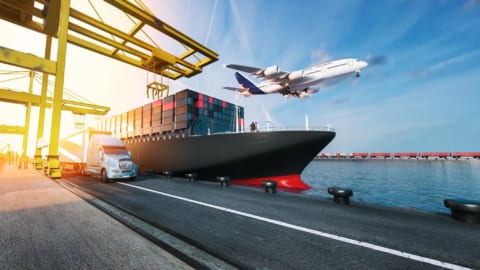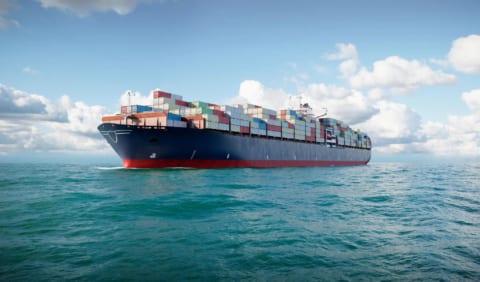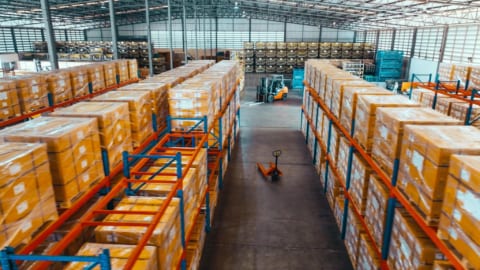Published in November 2022, Daejin Lee’s report on S&P Global Market Intelligence has offered deep insights on two new regulatory measures instituted by the International Maritime Organization (IMO) starting in January 2023.
These measures are known as Energy Efficiency Index for Existing ships (EEXI) and the Carbon Intensity Indicator (CII) ratings, both of which are believed to alter the day-to-day dynamics of the maritime shipping industry in mid and long term.
According to Lee, the aforementioned regulations would result in vessel demolitions and speed reduction, which then most likely aid in the market’s recovery beginning in 2024. Meanwhile, with absence of congestion and weaker economic conditions, freight rates are expected to revert to pre-pandemic levels in 2023.
Another factor putting severe supply pressure on the container business, mentioned by the organization, is the heavy investment in newbuildings. In 2021, newbuilding contracts were reported to reach a peak since 2015 but mostly with container vessels. The respective figures are quite inferior for other sectors including dry bulker and tanker.
This peak, though notable, still fell far short of the records set during the shipbuilding boom of the 2000s. The key reason lies upon the high prices and limited yard capacity in top-tier yards. As a result, a lot of owners opted for the options of existing contracts for substantially lower contract prices.
In terms of marine transport fuels, the analysis appointed that gas remains preferred for alternative fuel. Methanol, or green fuel, is also on the rise, particularly among container vessels.
As for EEXI, from 2023, it will be mandatory for all existing ships to meet new energy efficiency standards. EPL (Engine Power Limitation) is regarded the simplest solution to meet this index, while it also results in vessels with lower maximum and operating speed.
As for CII regulation, how efficiently a ship operates will be annually measured with stricter emission limits. The decline in sailing speed will follow accordingly in 2024. Lee further stated that since 95% of vessels in service are still using conventional fossil fuel, from 2025 onwards with IMO’s CII regulation, many vessels will end up scrapped earlier than its normal historical lifespan, which will support freight market in the medium and long term.
Together, CII and EEXI will significantly incentivize shipping to find and fight inefficiencies. On the one hand, EEXI-EPL will hamper any potential recovery of sailing speed, which has already been curtailed due to a considerable reduction in freight rates and high bunker prices. On the other hand, the CII’s rating issue is to incentivize higher demurrage to minimize idling time and prevent further upside risk in congestion in the coming years.
(Source: S&P Global Market Intelligence)
Reported by Suvi @WeDo 2022-12-13










